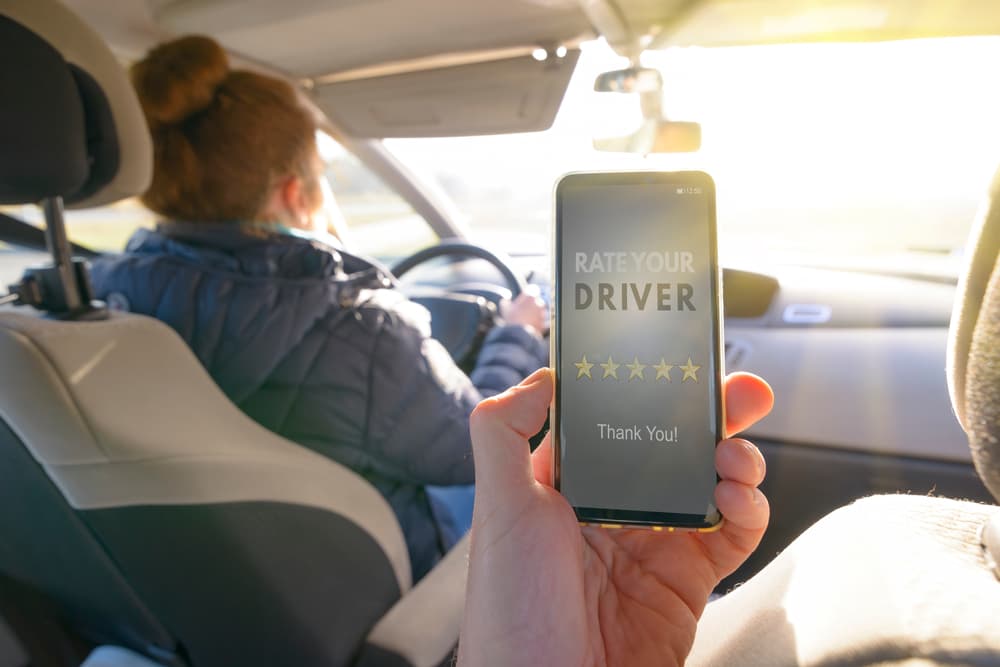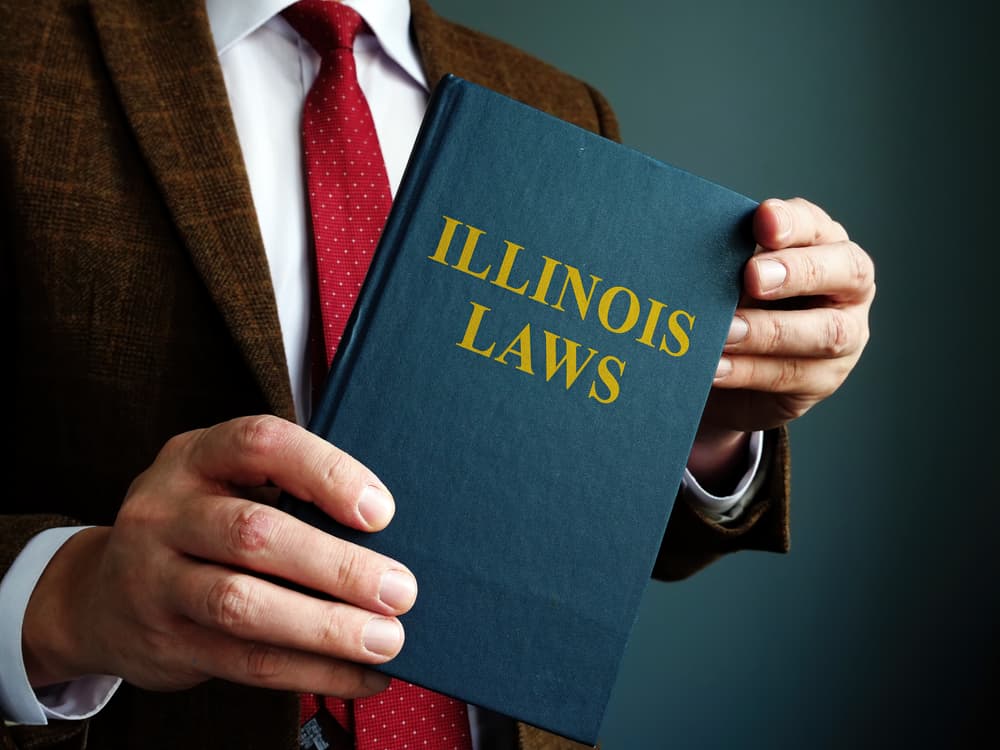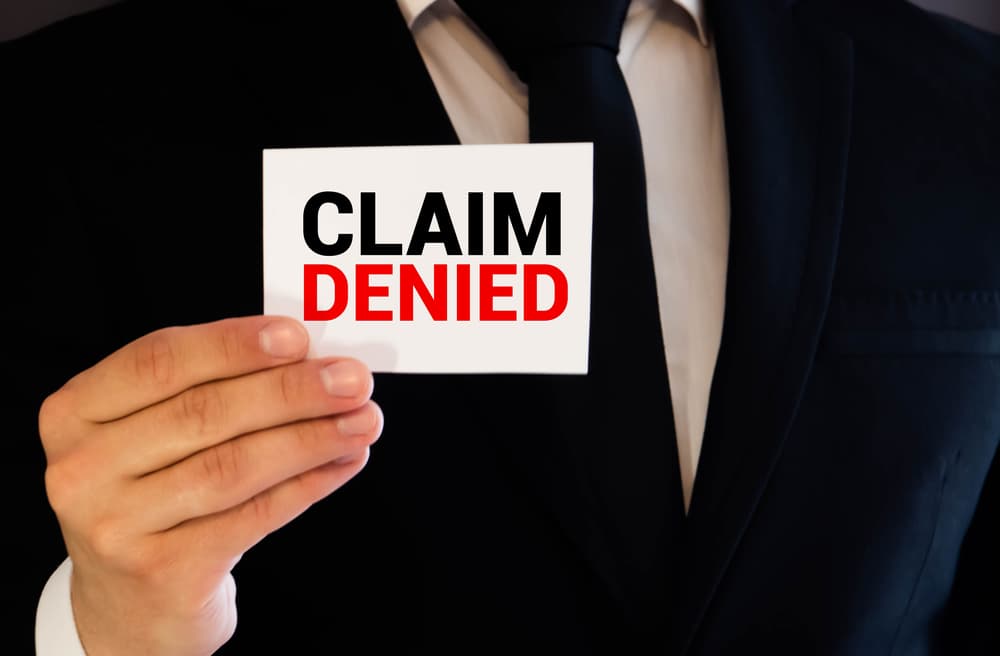If you cause an accident while driving for Uber or Lyft, their insurance might cover you, but it's not a simple "yes" or "no." It’s a classic "it depends" situation, and what it depends on gets complicated fast.
If you're in this mess, figuring out who pays for what is probably top of your worry list. We get it. The stress of an accident is bad enough without adding insurance riddles into the mix.
Have questions after a rideshare accident? Contact a rideshare driver accident attorney in Chicago, IL at LegalRideshare Injury Lawyers, call at (312) 767-7950. We deal with this stuff.
Uber/Lyft Insurance vs. Your Own
The Core Problem: Personal Policies Usually Bail When You're Driving for Dollars

Your standard car insurance is likely completely out of the picture the moment you’re driving for a "transportation network company" (TNC) – that’s the official term for companies like Uber and Lyft. Think of your personal auto policy as being designed for your commute to work, grocery runs, or road trips – not for commercial activities.
Why? Because driving for hire is a commercial activity, and personal policies aren't built for that kind of risk. Insurers see more miles on the road, often in busy urban areas and at peak times, as an increased chance of an accident. This increased risk is something they typically exclude unless you have a specific commercial policy or a rideshare endorsement.
This is the gap TNC insurance is supposed to fill. Without it, drivers would be personally liable for immense costs, and victims might have no recourse.
Enter Uber and Lyft's Insurance
Coverage is not one-size-fits-all. The coverage you get (or don't get) from Uber or Lyft hinges on your "driver status" at the exact moment of the crash. This is super important. Your status dictates which insurance policy is primary and what coverage limits apply.
Think of it like different "periods" of driving, and each has its own insurance rules. For personalized advice regarding your rideshare accident case, it’s best to consult with an experienced attorney.
When Are You Actually Covered by Uber/Lyft If You're At Fault?
The moment of the accident is frozen in time, and your app status at that precise second is the key. Were you waiting for a ping, on your way to pick someone up, or was the passenger already in your car? Each scenario changes the insurance landscape.
Period 0: App Off – You're On Your Own, Pal
If the Uber or Lyft app is off, you're just a regular driver. You are not operating as a TNC driver at this point; you're using your vehicle for personal reasons.
Your personal auto insurance is the only player here. If you cause an accident, that's the policy that has to respond. This assumes your policy doesn't have a business-use exclusion that they might try to enforce if they suspect you were about to start driving for a TNC, though generally, with the app off, you're in the clear for personal coverage.
Uber/Lyft's insurance is nowhere to be found in this scenario. They have no involvement if you're not logged into their platform.
Period 1: App On, Waiting for a Ride Request – The Gray Area
You're logged in, available, but haven't accepted a ride yet. You're essentially waiting for work. This is often where the most confusion about coverage arises, especially concerning the question, does Uber or Lyft cover you if you cause an accident in this phase?
This is where it gets tricky. Your personal policy might still deny coverage because you've signaled your intent to engage in commercial activity by having the app on. Many personal policies have strict exclusions for any "livery" or commercial use.
Uber and Lyft do provide some liability coverage during this period if your personal insurance doesn't apply. This is a safety net, albeit a lower one.
- Typically, this is lower coverage:
Crucial Point for At-Fault Drivers: This coverage is for third-party liability. It pays for the other person's injuries or property damage if you cause the accident. It generally doesn't cover damage to your car in this period. So, if you rear-end someone while waiting for a ping, this coverage helps them, not your busted bumper.
Period 2: En Route to Pick Up a Passenger – Coverage Ramps Up
You've accepted a ride request and are on your way to the rider. Your app shows you have a destination and are actively engaged in the TNC's service.
Now, Uber and Lyft's higher liability coverage kicks in. This is a significant step up from Period 1 because you are now directly fulfilling a service request.
This is typically $1 million in third-party liability coverage. This covers injuries to your passenger (once they're in the car, which is Period 3), people in other vehicles, pedestrians, and damage to other people's property if you're at fault. The purpose of this higher limit is to protect the public and provide substantial coverage when TNC vehicles are actively operating.
Period 3: Passenger Onboard – Still High Coverage
You have the passenger in your car and are driving to their destination. This is the core of the rideshare service.
The $1 million third-party liability coverage generally continues. This means if you cause an accident while your passenger is in the car, there's a significant policy in place to cover damages and injuries to others, including your passenger.
This is the period where passengers are most clearly covered by the TNC's policy if the driver is at fault. The TNCs heavily advertise this coverage to reassure riders.
What About Your Car and Your Injuries If You Caused the Crash?

Okay, you're at fault. The TNC's $1 million liability covers the other guy. But who pays to fix your car? Your car is your tool for work, and being without it means lost income.
Collision Coverage for Your Vehicle
This is where "contingent collision coverage" comes in, and it's a big "if." It's "contingent" because it depends on other factors, primarily your personal insurance.
Uber and Lyft may offer contingent comprehensive and collision coverage for your vehicle, BUT only if:
- You were in Period 2 (en route) or Period 3 (on a trip). If the accident happened in Period 1, you are generally out of luck for TNC-provided physical damage coverage for your car.
- You already have comprehensive and collision coverage on your personal auto insurance policy. If you don't have it on your personal policy (perhaps you only carry liability to save money), you get nothing from them for your car's damage. This is a critical point many drivers overlook.
The Catch (There's Always a Catch): The Deductible
Even if you qualify for contingent collision coverage, there's usually a hefty deductible. Uber's is typically $2,500. Lyft's is also $2,500. This means you pay the first $2,500 of your car's repairs out of pocket before their coverage even considers kicking in. For many drivers, a $2,500 deductible is a significant financial blow.
This deductible is substantially higher than many personal auto policy deductibles, which might range from $250 to $1,000. We advise consulting an attorney for clarity on your specific situation if you're facing such a deductible after an accident.
What About Your Own Medical Bills If You're At Fault?
This is another tricky area. The TNC's primary liability coverage is for third parties – meaning it pays for others' injuries if you're at fault, not your own.
Some states have Personal Injury Protection (PIP) or Medical Payments (MedPay) coverage as part of auto insurance requirements. This coverage typically pays for your medical expenses and lost wages up to a certain limit, regardless of who is at fault in an accident. The availability and amounts of PIP or MedPay depend on state law and the specifics of Uber/Lyft's policy in that state.
Uber and Lyft may maintain some first-party coverages like PIP or MedPay, or even occupational accident insurance in some areas. These coverages could help with your medical bills. For example, Lyft mentions Occupational Accident coverage in some markets, which could offer benefits for injuries, disability, and death.
Don't assume this is automatic. It varies significantly by state and the specifics of the TNC's policy. Your own health insurance would likely be a primary source of coverage for your injuries if PIP/MedPay is unavailable or exhausted.
Illinois Law: The Local Angle You Need to Know

State laws play a big part in how TNC insurance works. If you're driving in Illinois, there are specific statutes that dictate minimum coverages and responsibilities. Ignoring these local rules leads to unpleasant surprises.
The Transportation Network Providers Act (625 ILCS 57/)
This is the big one in Illinois. The Transportation Network Providers Act (625 ILCS 57/) sets the rules for TNCs like Uber and Lyft, including insurance requirements. This act was put in place to create a framework for these relatively new services, ensuring public safety and financial responsibility.
Minimums During Period 1 (App on, waiting):
- The law requires coverage of at least $50,000 for death and personal injury per person, $100,000 total per incident, and $25,000 for property damage. This aligns with what Uber and Lyft generally state they provide.
Minimums During Period 2 & 3 (En route/With passenger):
- The Act mandates $1,000,000 for death, personal injury, and property damage. This is the high-limit coverage that TNCs advertise.
- It also mandates $50,000 in uninsured/underinsured motorist coverage during these periods. This is important if you're hit by someone with no insurance or not enough insurance, even if you are on a trip.
Proof of Insurance: TNC drivers in Illinois must be able to show proof of this insurance. Typically, this is available digitally through the driver app.
Fault State: Illinois
Illinois is an "at-fault" state, which uses a system of modified comparative negligence (735 ILCS 5/2-1116). This means the person who caused the accident is responsible for the damages. If you're found to be more than 50% at fault for an accident, you generally cannot recover damages from the other party for your own injuries or vehicle damage.
Understanding this is key because if you are deemed primarily responsible, the focus shifts entirely to what your insurance (personal or TNC, depending on the period) will cover for others, and what, if anything, it will cover for you.
Personal Policy Exclusions
Be aware that Illinois law acknowledges that a driver's personal auto policy may not provide coverage when driving for a TNC. Section 10 of the Transportation Network Providers Act specifically addresses this, stating that insurers can exclude coverage for TNC activities.
What If the TNC's Insurance Isn't Enough or Denies Your Claim (for your car/injuries)?

This is the nightmare scenario. You've caused an accident, you've reported it, and now you find that the coverage you thought would be there for your own losses isn't materializing, or isn't sufficient.
If you're at fault, and the TNC's insurance (like contingent collision) denies your claim for your car – perhaps you didn't have personal comprehensive and collision coverage as required, or the damage estimate is less than the deductible – your options for getting your car repaired through their policy become zero. If their MedPay/PIP coverage is insufficient for your injuries, or not available in your state through their policy, you face a shortfall.
This is where not having the right personal coverage really stings. If you don't have collision coverage on your personal policy, and the TNC's contingent coverage doesn't apply or is denied, you are solely responsible for your vehicle repairs. Similarly, if TNC-provided first-party medical benefits are limited or non-existent, your personal health insurance becomes critical. If you lack adequate health insurance, medical bills become a significant personal debt.
You might be looking at paying entirely out-of-pocket for your vehicle repairs or uncovered medical bills. This financial strain is immense, particularly if your ability to earn income as a rideshare driver is also impacted. We advise consulting an attorney for clarity on your specific situation if you find yourself in this predicament.
Don't Navigate This Wreck Alone
You need to be your own best advocate by understanding the basics, documenting everything, and reporting promptly. But you don't have to, and shouldn't, try to handle the complexities of a significant claim all by yourself.
Give LegalRideshare Injury Lawyers a call at (312) 767-7950. Let us help you make sense of your unique situation.